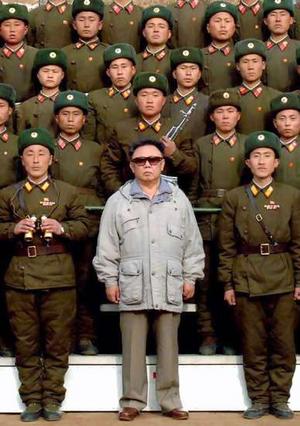A real person
“Jenny, who will be your second preference on the ballot?” putting up a hand from the first row audience, a student asked the question that had been at the tips of many people’s tongues.
Jenny Jones answered quickly, without much thinking, that the party had yet to decide which candidate they would have as the second preference.
The floor quietened. To the audience, she was coming across as a typical politician who never speaks her own mind.
But wait.“Personally, I will put Ken as my second preference,” Jenny said frankly. “I have worked with Ken before and I can work with him, but I can never work with Boris.” Her unexpected candour surprised the floor, especially young college students who, according to studies, have become very cynical towards politicians.
Her unexpected candour surprised the floor, especially young college students who, according to studies, have become very cynical towards politicians.
Frank, warm and occasionally humorous, when Jenny Jones sat among college students at the grand floor lobby of University London Union (ULU) building and talked about her vision for a better London, it felt more like a caring relative talking to the younger generation than a politician trying to wow her constituents.
Indeed, Jenny was never a typical politician. She went to the University College London to pursue a MA degree in Archaeology at the age of 41 and then spent nearly 10 years in field research in the Middle East before she was elected to the London Assembly in 2000.
While most politicians would crave for media attention when they take part in NGO campaigns, Jenny will sometimes get up early in the morning to help feed the homeless people with the Simon Community, without informing the press.
She dared to speak her mind, even when it was against the public views.
At the ULU mayoral debate, she told the students that she did not see increasing the number of police officers as a good policing policy as it would cost more money and result in cutting community civilian police staff.
While the public opinion leans towards harsher punishment for organised crimes, she dares to suggest tackling the issue “by offering gang members a way out”.
An uphill fight
Red, green and blue are the primary colours, but in London’s political spectrum, green is a rare colour.
The Green Party lost 11 of their 13 London councillor seats in May 2010 while their leader Caroline Lucas made a historical breakthrough by winning one seat in the 651-strong House of Commons.
So when Jenny Jones was nominated as the 2012 London mayoral candidate a year later, she knew she was facing an uphill fight.
The London mayoral election resembles the nationwide elections in many ways. It is going to be what it always is – a two horse race between red and blue; most voters are going to choose between the Labour and the Conservatives while few of them ever contemplate or even hear of the Green.
The mainstream media endlessly focuses on Ken Livingstone and Boris Johnson while it constantly neglects other candidates in the same election. In fact, only the Guardian, which Jenny occasionally writes a column for, ran the news on her nomination.
She envisaged her candidacy as a small mammal trying to get through the space between the two dinosaurs, as she was interviewed by the Guardian journalist Hélène Mulholland.
“I have this mental image of these two huge dinosaurs battling it out – Ken and Boris – and it’s going to be very difficult to get between them because they are such powerful personalities; such powerful forces,” she told Hélène.” But I see the Green candidate as this little mammal that is actually the future,” she adds.
The policies
Many perceive the Green Party as a single-issue party, but Jenny Jones refused to fit into that stereotype. Fair pay, housing, cycling, road safety and policing are all the issues that concern her.
She said that the most urgent question to be addressed is “how do we rebalance our economy”, rather than anything related to the environment, like what many people would expect a Green candidate to answer.
“We need to create more jobs at all skill levels, encourage small businesses and reduce the pay gap between rich and poor, which will help raise more families out of poverty. We also need to stabilise housing costs and give tenants more control over their homes and rent.”
In their Housing Manifesto, Jenny and her team pledged to build 15,000 affordable homes per year and use public land to keep rents low.
As a long-time member of the Police and Crime Committee, Jenny recognised the need to put more police on the beat but at the same time, emphasised the importance of “working more closely with local residents and traders” and “building trust in the community”.
Even though Boris is famous for being the Mayor on the bike, Jenny Jones said she was unimpressed by the Mayor’s record on road safety.
“A Green Mayor and a Green City Hall would build on the successful campaigning of many of our Green Councillors by introducing 20mph speed limits on all streets where we live, work and shop”. Writing on her campaign blog, Jenny Jones believed that the 20mph speed limit she initiates and advocates will create a safer road environment for all road users and pedestrians.
“Like most Londoners, we want to see our city run in a way that makes it a more equal, healthy and affordable place for everyone to live,” she said.
